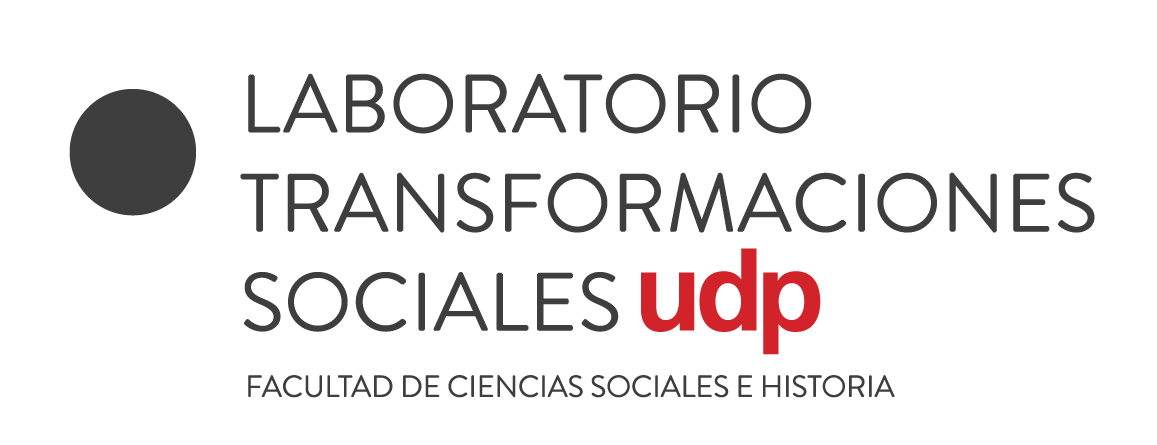Where is Truth? On the Ethnography of Disputed Facts
DOI:
https://doi.org/10.32995/0719-64232024v10n20-172Keywords:
Truth, ethnography, contested facts, legal narratives, power dynamicsAbstract
In this essay, Didier Fassin explores the complex relationship between truth and ethnography, particularly when dealing with contested facts. Drawing on philosophical theories of truth —correspondence, coherence, and pragmatism— he reflects on how social scientists approach truth in contexts of contradictory narratives, especially in legal and moral disputes. Using a case study of the controversial police killing of a Traveller in France, he contrasts the “judicial truth” produced by legal authorities with an “ethnographic truth” that considers multiple perspectives. Fassin argues that rather than seeking an absolute or universal truth, ethnography should aim to provide a comprehensive understanding of facts through the inclusion of diverse viewpoints, offering a critique of institutional power dynamics that shape whose truths are heard and legitimized.
Downloads
Published
How to Cite
Issue
Section
License
Copyright (c) 2025 Didier Fassin

This work is licensed under a Creative Commons Attribution-NoDerivatives 4.0 International License.

Este obra está bajo una licencia de Creative Commons Reconocimiento-NoComercial-CompartirIgual 4.0 Internacional.



